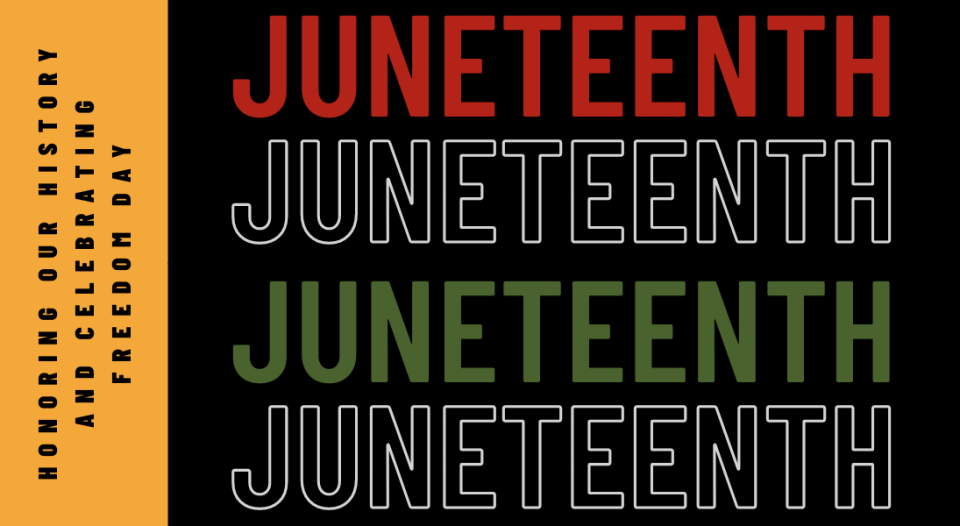What is Juneteenth?
Juneteenth commemorates June 19, 1865, the day when the last enslaved people in the United States learned of their liberation. President Abraham Lincoln had signed the Emancipation Proclamation more than two years earlier, but not until Union general Gordon Granger arrived in Galveston, Texas, were individuals enslaved there informed of their emancipation.
Where does the word “Juneteenth” come from?
The word “Juneteenth” comes from combining the words “June” and “nineteenth.” June 19 is also called “Freedom Day” or “Emancipation Day.” Today many people, especially Black Americans, celebrate Juneteenth in addition to—or sometimes instead of—Independence Day. On June 17, 2021, Juneteenth was officially recognized as a federal holiday after President Joe Biden signed the Juneteenth National Independence Day Act.
How is Juneteenth celebrated?
From big block parties to small, reflective gatherings, Lutherans across the nation are creating space to honor the ancestors and celebrate this important milestone in America’s complex history. Check your synod’s website or find a local congregation to learn of events happening in your area and to celebrate in your community!
To learn more about the history of Juneteenth, check out these resources:
- Sharon Pruitt-Young, “Slavery Didn’t End on Juneteenth. What You Should Know About This Important Day,” National Public Radio, June 17, 2021.
- “The Historical Legacy of Juneteenth,” National Museum of African American History & Culture.





